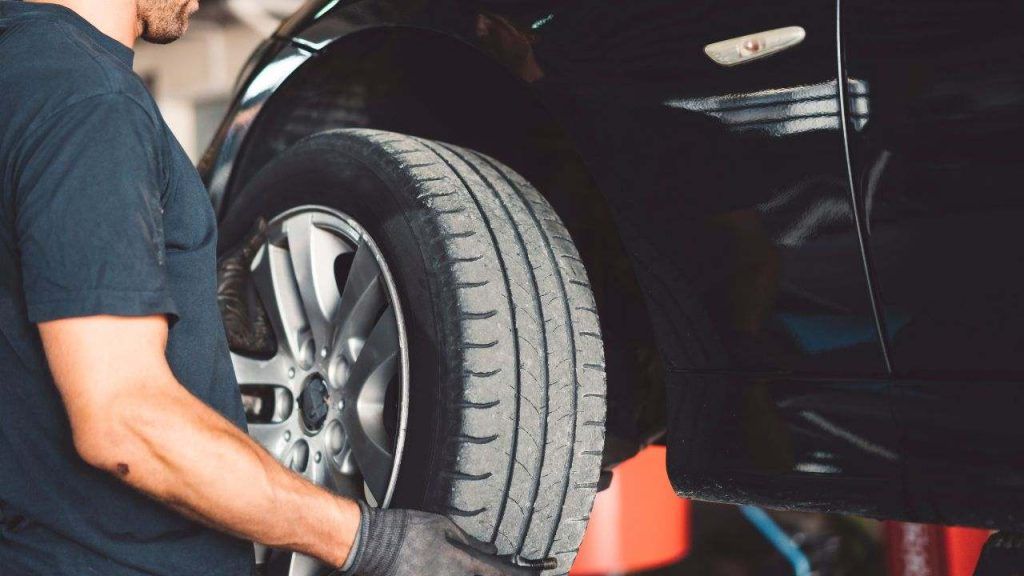The highway code is a set of rules that all motorists should know because even small mistakes made while driving could have a serious impact.

All those who travel daily (but not only), they should know what can be done and what not to be able to decide how to move in the various situations unless they want to receive very high penalties.
Driving a vehicle means take responsibility towards oneself and towards others, therefore respecting the prescriptions and precautions for one’s own safety and that of others.
What the highway code requires and what is best to do in order not to risk heavy fines
There are many rules that regulate traffic, they are all fundamental and must be respected. The maintenance of the car on which it is being driven must be carried out in the same way must always be in perfect condition.
Anyone who is caught driving without respecting the rules of the road or who behaves irresponsibly, not only receives gravos finesand but also suffers the deduction of points from the license which varies according to the seriousness of the crime committed.

It is required by law, but pay attention to what is indicated in the vehicle booklet
For example, it is compulsory by law as well as intelligent to drive with suitable, compliant tyres, which vary according to the season. Car tires are not the same both in summer and in winter but they change with the variation of temperature and weather conditions.
The legislation on the matter is clear: those who do not have the necessary equipment in the event of checks face substantial fines. In winter, starting from November 15th until April 15th, it is necessary to circulate with suitable tires with the necessary grip, capable of adhering in the event of ice, snow, rain or sleet.
Then, from 15 April to 15 November there is an obligation to use the tires, in order not to wear out the winter ones in advance and unnecessarily. The solution that many motorists adopt is the use of all-season tires which allow you to save a lot on tires because they are suitable both winter and summer just like the name suggests.
The choice seems to be advantageous but it is not entirely because at the same time they deteriorate easily and quickly by adapting to various weather conditions.
When you change the tires you must also pay attention to the data shown in the car manual because if they do not correspond in the event of checks, even if they are in good standing, you risk disbursements that go from a minimum of €422, to a maximum of 1734 euros with the withdrawal of the booklet.




